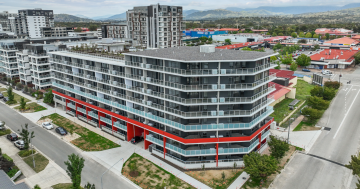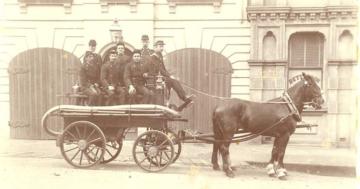Has anyone got any experience with owning any retail businesses in Canberra?
I’ve just been curious because I’ve been seeing a lot of vacancies all over Civic and Tuggeranong. So I looked up one of the ones up for lease, and I can’t believe how expensive they are!
For example, the old Dick Smith place is going for $227,000 an annum!
(http://www.rhcommercial.com.au/properties/71085)
That is more than $4000 a week. There is a business selling sports jersey’s there at the moment (not sure if it’s permanent). Say an average sports jersey is about $50, that means they need to have 80 sales in one week just to cover the rent!
And this isn’t taking into account additional costs such as cost of staff wages, utilities, the cost of inventory etc. Even if they could mark up their product by 50%, it would at minimum double that cost to $8000 right there.
Granted I don’t loiter around malls all day long so I can’t say for sure how much they sell, but to me, that just doesn’t seem to add up.
It would surely explain why there are so many vacancies right now, but I can’t even see how most of the existing businesses could even survive given that they need to pull $8000 a week in revenue?
Is it the case that with business leases, it’s the type of thing where no one ever pays the actual asking price? Like nobody would pay $227,000 a year, it’s just the price they have advertised but when you go in, they’ll tell you they have a special offer and are willing to lease at a lower price?
Have I done my Maths right? Is my estimate about how much revenue they get inaccurate? Is there something I’m totally missing?





















